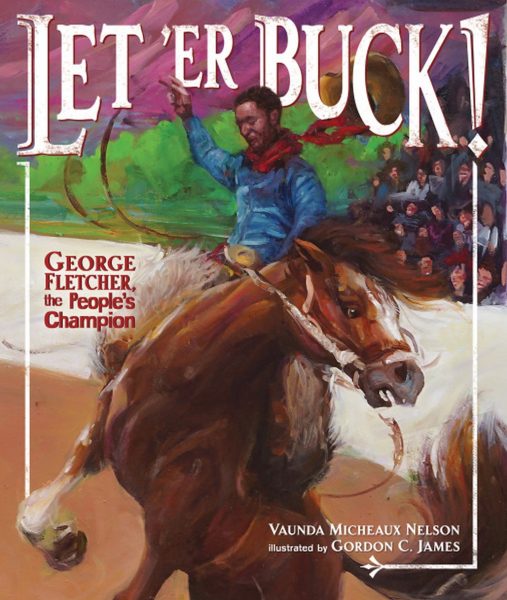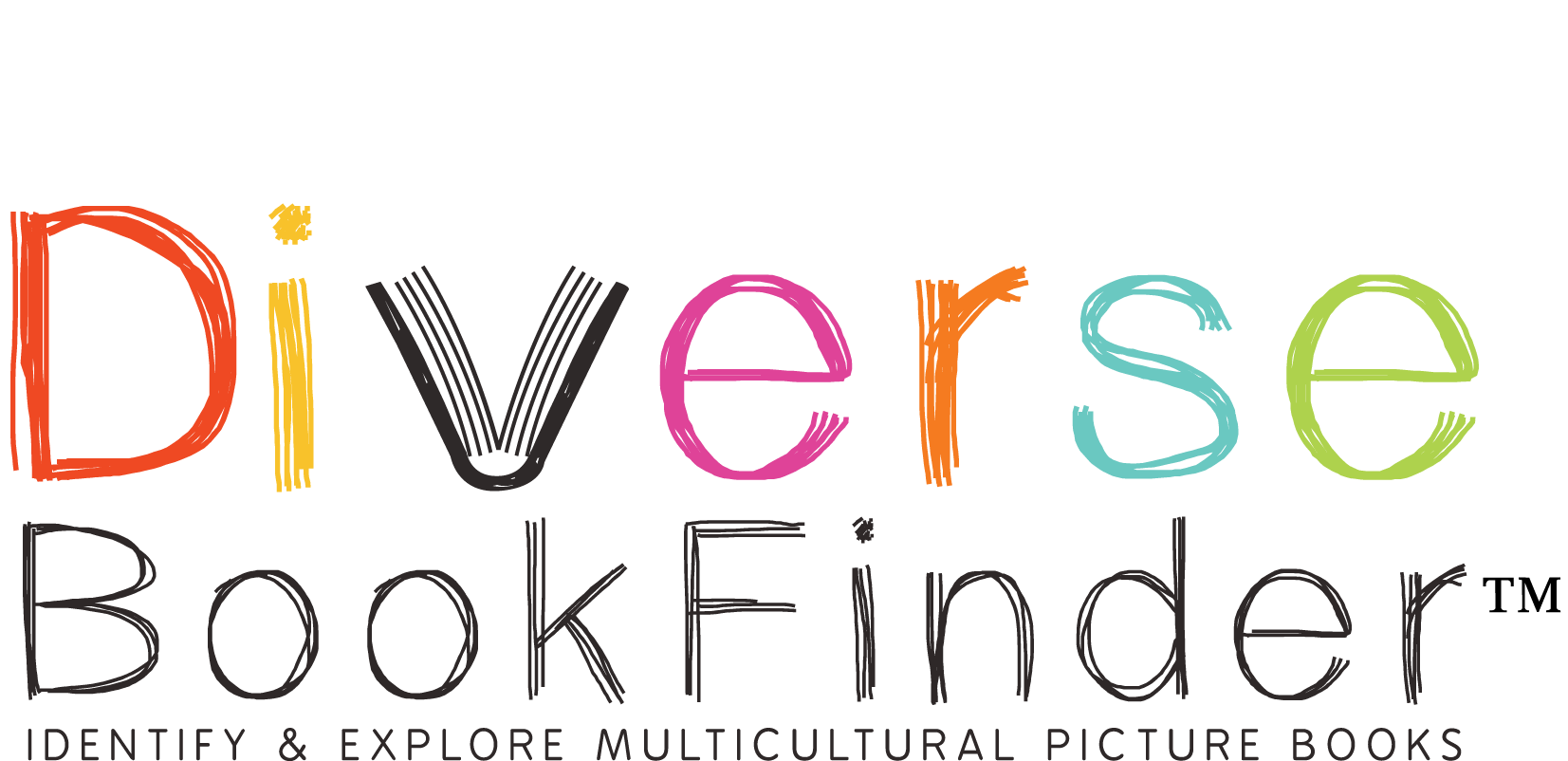
Our collection of picture books featuring Black and Indigenous people and People of Color (BIPOC) is available to the public. *Inclusion of a title in the collection DOES NOT EQUAL a recommendation.* Click here for more on book evaluation.
Find titles using a keyword search below (e.g. adoption, birthday, holidays, etc.), or by selecting one or a combination of filters on the lefthand sidebar below.
First time here? Start here!
20 matching books
Show Filters- 1
- 2

The Secret of Your Name
"Bestselling and award winning Métis poet David Bouchard's heartfelt story is illustrated by Canada's most prominent Métis artist Dennis Weber." -- publisher Canada's Métis are the only mixed blood people in the world recognized by every level of government as being a Nation. The Métis have their own language, flag, songs and stories. They have exciting traditions and a proud history. Sadly, their journey was one of hardships, denial and often lies. In The Secret of Your Name, these men open their hearts to all those who care to know what it means when it is said that we are Proud to be Métis! This spectacular book will appeal to any and all who have an interest in aboriginal people. It will call out to art collectors, musicians and all who have ever pondered their own past." -- publisher

I’m Finding My Talk
"A response to Rita Joe's iconic poem "I Lost My Talk," and published simultaneously with the new children's book edition illustrated by Pauline Young, comes a companion picture book by award-winning spoken-word artist and Mi'kmaw activist Rebecca Thomas. A second-generation residential school survivor, Thomas writes this response poem openly and honestly, reflecting on the process of working through the destructive effects of colonialism. From sewing regalia to dancing at powow to learning traditional language, I'm Finding My Talk is about rediscovering her community, and finding culture. Features stunning, vibrant illustrations by Mi'kmaw artist Pauline Young." -- publisher

Be Brave, Be Brave, Be Brave
A man of Native American descent contemplates what lessons he will pass on to his newborn son in this heartfelt, expansive exploration of fatherhood, identity, and legacy. -- Amazon.com

The Water Lady: How Darlene Arviso Helps a Thirsty Navajo Nation
Cody is worried when his family on a New Mexico Navajo reservation runs out of water, but Darlene Arviso, called "The Water Lady," is on the way with her tanker truck. Includes glossary of Navajo terms and notes about and from Arviso and life on a reservation

Red Bird Sings
"I remember the day I lost my spirit." So begins the story of Gertrude Simmons, also known as Zitkala-Ša, which means Red Bird. Born in 1876 on the Yankton Sioux reservation in South Dakota, Zitkala-Ša left her home at age eight to go to a residential school in Indiana. But she soon found herself caught between two worlds—white and Native American. At school she missed her mother and her traditional life, but Zitkala-Ša found joy in music classes. "My wounded spirit soared like a bird as I practiced the piano and violin," she wrote. Her talent grew, and when she graduated, she became a music teacher, composer, and performer. Zitkala-Ša found she could also "sing" to help her people by writing stories and giving speeches. As an adult, she worked as an activist for Native American rights, seeking to build a bridge between cultures." -- from publisher

My Name is Blessing
Based on a true story about a young Kenyan boy whose mother left him but had named him Muthini which meant suffering because he was born with no fingers on his left hand and only two on his right. Many times he was made fun of or avoided which hurt him deeply. He lives with his very elderly grandmother, his Nyanya, along with many cousins whose parents had either died or left them. They are extremely poor and there is never enough money or food, but plenty of love. A difficult choice must be made and Muthini is the youngest child and needs to have a better chance in life, so his Nyanya takes him to an orphanage where he is blessed and his name is changed to Baraka which means blessing for he was a blessing just as his grandmother always knew

Chester Nez and the unbreakable code: A Navajo Code Talker’s Story
"As a boy, Chester Nez was taught his native language and culture were useless, but he was later called on to use his Navajo language to help create an unbreakable military code during WWII"--|cProvided by publisher

Let ‘er buck!
"African American George Fletcher loved horses from an early age. When he unfairly lost the 1911 Pendleton Round-Up to a white man, the outraged audience declared him "people's champion"--Provided by publisher

The ghost dance
The bountiful world of their ancestors was no more -- the result of white settlers' relentless westward movement in the U.S. A Paiute visionary, Tavibo, and his son each dreamed that if Native peoples danced, the white people would disappear and the ghosts of the wildlife that had been decimated would return. The ghost dance movement began in the U.S. in the 1800s, in hope as native peoples came together to dance for their shared dream. The dream failed and they tried again. Again the dream failed tragically. But the vision and the dream still call out to all people, envisioning a future when all Indian peoples would be united, disease would vanish, and the earth would be regenerated and restored. --publisher's site

I am Sacagawea
"A biography of Sacagawea, the Shoshone woman who served as a translator for the Lewis and Clark Expedition"-- Provided by publisher
- 1
- 2
